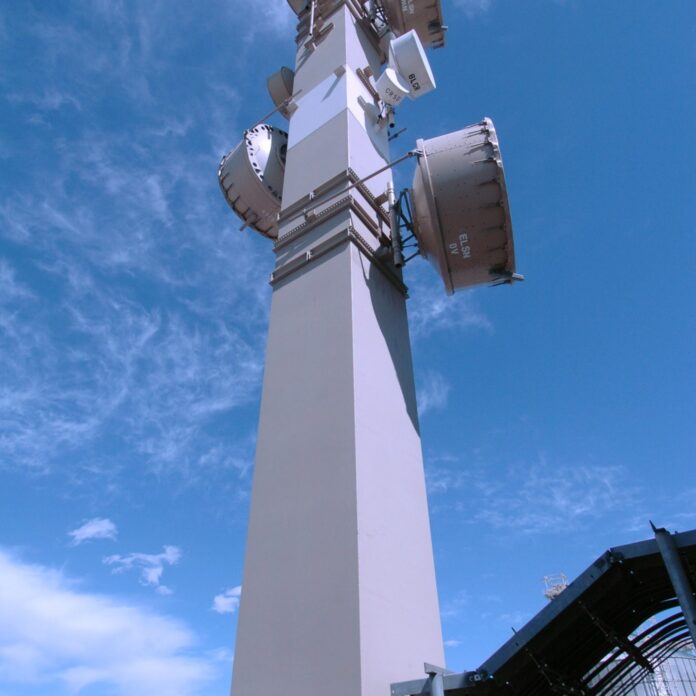Verizon Communications told investors this week that 2015 capital expenditures probably won’t be “materially changed” from this year’s $17 billion. The suggestion that capex will be flat is in line with analyst forecasts for lower overall wireless capital expenditures now that Verizon and AT&T are nearing the end of their LTE rollouts.
Wall Street analysts are looking at how a more modest outlook for carrier investment might impact infrastructure vendors. Ericsson and Alcatel-Lucent have been Verizon’s primary suppliers for its LTE build so these two are a primary focus for analysts.
Raymond James & Associates calculates that Verizon’s spending with Alcatel-Lucent was equal to 14% of its total capex budget, noting that the carrier does not capitalize all its purchases from Alcatel-Lucent. The firm also believes that sales to Verizon represented 15% of Alcatel-Lucent’s second quarter revenue.
“Alcatel-Lucent’s biggest exposure [to Verizon] comes from wireless, with about two-thirds of Verizon’s 3G footprint and perhaps half of Verizon’s LTE/4G project,” the firm wrote in a research note authored by analyst Simon Leopold. “The sequential decline in wireless spending represents a headwind that is balanced by the wireline trends including investments in FiOS expansion and a new long haul optical project.”
Ericsson, the world’s largest vendor of wireless infrastructure, relies on Verizon for less than 10% of its revenue, according to Raymond James. The firm said that Verizon’s capex news had not changed its outlook for Ericsson, but the firm’s analysts remain concerned that Ericsson’s results during the second half of the year were impacted by Verizon’s “front-loaded” spending.
Juniper is one company that may be hit by cuts in Verizon’s spending. Analyst Michael Genovese of MKM Partners has already downgraded the stock, noting that off-the-shelf hardware running virtualized network functions will continue to depress demand for Juniper’s routers. Verizon has at times been Juniper’s biggest customers, so flat spending from the nation’s largest carrier could mean more bad news for Juniper. However, some analysts think any concerns about Juniper’s outlook are already reflected in the stock price, since the company proactively warned investors earlier this fall that lower service provider revenue could be an issue.

